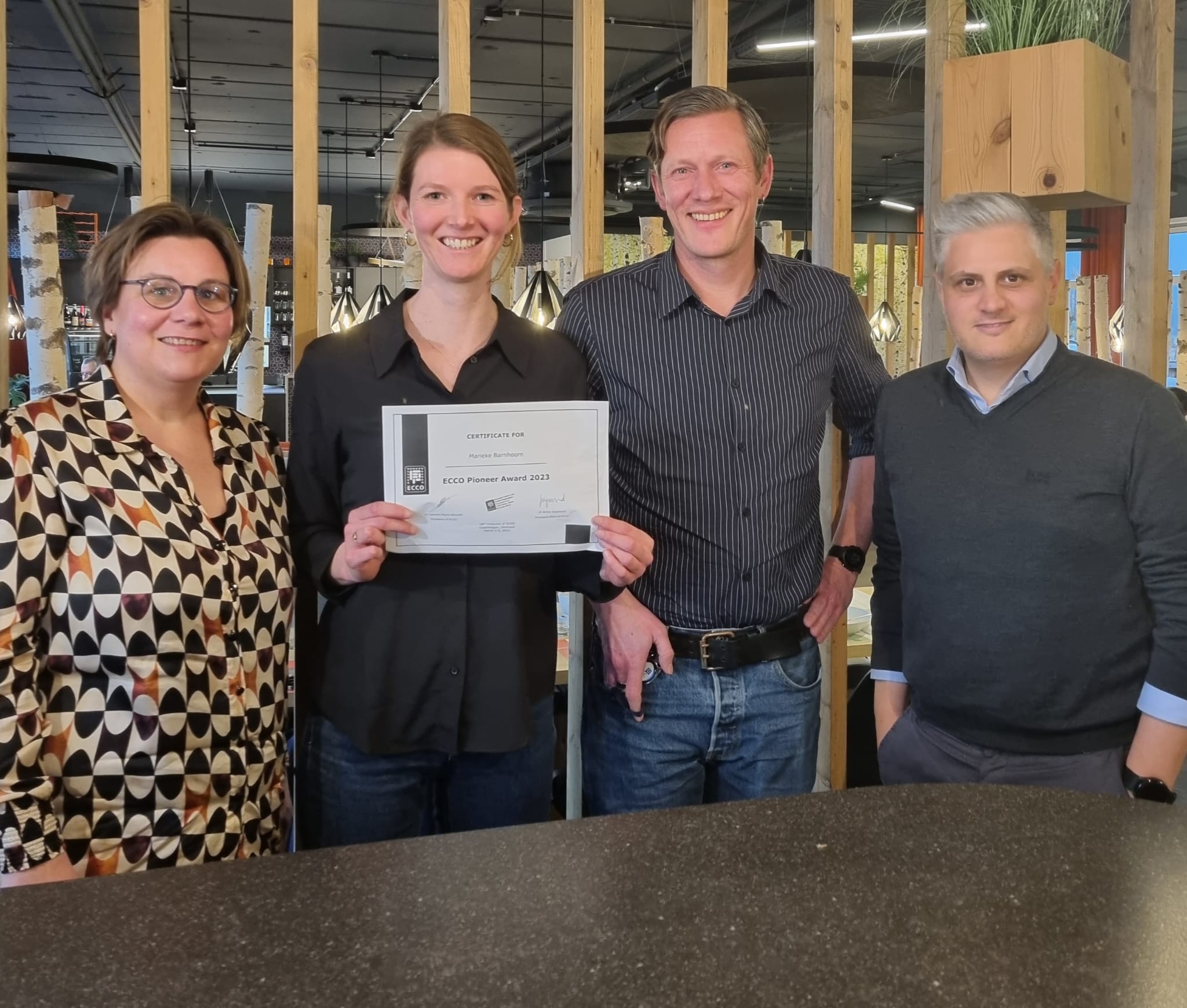Unraveling the role of fibroblast subsets in fibrostenotic Crohn’s disease

Andrea van der Meulen-de Jong, Marieke Barnhoorn, Luuk Hawinkels, Gianluca Matteoli
© Marieke Barnhoorn
|
Objectives
Fibrosis occurs in most Crohn’s Disease (CD) patients, although it only becomes clinically apparent in those who develop stenotic disease. Fibroblasts are considered the main cell type contributing to fibrosis by production and remodelling of the extracellular matrix. Recently, changes have been shown in the relative abundance of different fibroblast subsets in the inflamed intestine of IBD patients. However, the abundance of fibroblast subsets and their spatial localisation in fibrostenotic IBD tissue are currently unknown. The overall aim of this project is to unravel the role of fibroblast subsets in the pathogenesis of fibrostenotic CD and to identify novel therapeutic targets.
As a first objective, we will map the differences in abundance and spatial distribution of fibroblast subsets in patients with inflammatory and stenotic CD using a unique 40-marker fibroblast Imaging Mass Cytometry (IMC) antibody panel. Thereafter, as a second objective, we will investigate (pathogenic) fibroblast subsets derived from fibrostenotic lesions in CD patients using a fibroblast-rich, three-dimensional organoid-based model. Lastly, we will assess in CD patients the effects of Janus kinase (JAK) inhibition on the relative abundance of identified fibroblast subsets.